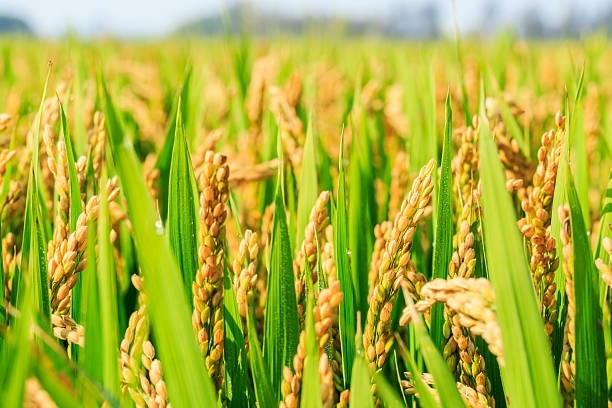Over 60% crop loss this Yala season

Sri Lanka is expected to face over a 60 per cent drop in paddy yields this Yala season (May-August) as the cultivation has already begun without chemical fertilizer.
The country will be heading for another crisis in a shortage of food as the expected drop in yields is over 60 per cent during this Yala season, Peradeniya University Snr. Prof. Buddhi Marambe told the Business Times. Contrary to expectations of a shortfall in rice due to the fertiliser crisis in 2021, the Central Bank reported that total paddy production from both the Maha and Yala seasons of 3.3 million metric tonnes was sufficient to meet domestic demand.
He noted that will definitely impact on the next Maha season which is the largest cultivating season in Sri Lanka.
It was pointed out that the need of the hour now is to plan for the next Maha (September-March) season and ensure the seed paddy is available. In addition, planning to purchase
the required fertiliser is important at this stage.
The Academics’ Movement to Safeguard Agriculture (AMSA) has stated that the failure of the current Yala season will “not only create substantial and widespread shortage of essential food items” but also cause a shortage of seed paddy for the next Maha season 2022/2023.
In view of the fact that the Maha season produces two-thirds of the national paddy production, potential impacts of its failure on the national food security and social stability are wide ranging and severe, the statement said.
In the meantime, former Plantation Ministry Secretary Ravindra Hewavitharana told the Business Times that some manufacturers from China and Indonesia have expressed interest in directly selling their chemical fertilisers to Sri Lanka.
The World Bank has already pledged US$600 million that includes fertiliser imports amounting to about $110 million. Discussions have been held with the Ministries of Agriculture continuously and with the Plantation Ministry about three weeks back to assess the requirement for this sector.
“We have already requested from the Agriculture Ministry the chemical fertiliser requirement for plantation crops,” an official said.
In the meantime, it is learnt that authorities are trying to purchase urea from India and that plans
are underway to bring down at least 60,000 MT.
